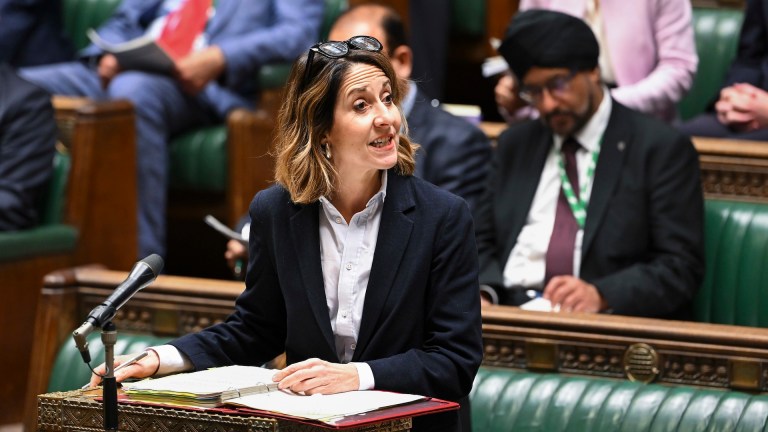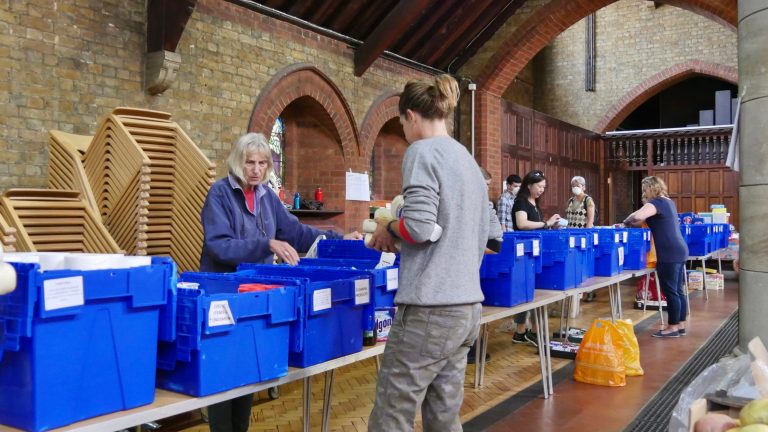The Department of Health and Social Care’s consultation on the plans – which closes today, Thursday September 2 – has received over 32,000 responses.
More than half (52 per cent) of 60- to 64-year-olds in the UK have one or more long term health conditions, according to the letter signed by groups including Age UK, the Royal College of General Practitioners and the Royal Pharmaceutical Society. Around 15 per cent would be forced to forego some of the medication they need or take it less often than prescribed under new charges, they said.
Disadvantaged people will be reluctant to act on symptoms or get a diagnosis if they fear they could be landed with prescription charges they can’t afford, said Caroline Abrahams – charity director at Age UK – putting people at risk if they go without “in some cases, lifesaving” medication.
It could also mean people do not go to a doctor until their symptoms are unmanageable, the groups warned, making it more difficult to keep health conditions under control, placing a greater financial burden on the NHS long-term and widening existing health inequalities between wealthy and disadvantaged people.
Free prescriptions are available to people in England on some benefits, depending on a person’s income, such as universal credit and jobseeker’s allowance.
But introducing an additional cost for over-60s with long-term health conditions will “disproportionately affect a large group of patients who are on low incomes but just above the threshold for financial help,” said Professor Martin Marshall, chair of council for the Royal College of General Practitioners.
“Many patients are already waiting longer for treatment or will have seen their health deteriorate as a result of the challenges of the last 18 months,” he added. “This change will discourage patients who are financially less well-off from managing their health proactively and could mean that they present to general practice when their problems are far worse and at a time when general practice is already at breaking point.”
The UK’s poorest areas faced a “double whammy” of illness and poverty during Covid-19 lockdowns, Health Foundation research showed, as deprived neighbourhoods were hit hardest by the virus and pushed deeper into hardship.
A government spokesperson said: “Ninety per cent of community prescriptions in England are free of charge, and people don’t pay if they are on a low income, over 60, or have certain medical conditions.
“The upper age exemption has not changed since 1995 and that is why we are consulting on restoring the link between this and the state pension age. No final decisions have been made and we will publish the consultation response in due course.”









